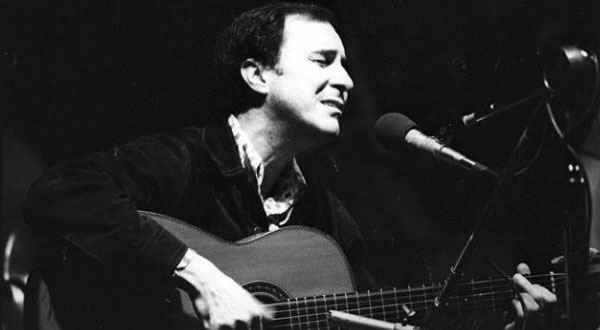Bossa Nova is totally associated with Rio de Janeiro, and there are few who know what bossa nova really is, and even fewer of its Bahian birth.
First: What is bossa nova?

The most fundamental answer is that it is a guitar playing samba rhythms with the right hand and sophisticated chord voicings with the left. This was the invention, so to speak, of a kid from the town of Juazeiro, in the north of Bahia across the São Francisco River from the state of Pernambuco, João Gilberto.
Samba wasn’t so much on the radar of a group of non-poor musicians in Rio, who looked more to the United States and cool jazz for their influences. Then João, who had in Rio already already made a stab at stardom as — following the conventions of the time — a big-voiced singer with a little clipped moustache, showed up there again, this time with something in a sense new. Or rather with a new way of presenting something old.
“Bossa” is a hip way to do something, and this was a new bossa, a “bossa nova”. João was received as a deity and music made in Brazil spilled out into the international market. João’s music was beautiful and even Miles Davis, in a blind listening test, growled “As for Gilberto, he could read a newspaper and sound good! Give him five stars!” (five was the maximum).
But the new kids and young adults who were attracted to this music and who were to become its stars were not to samba born. The feel of the music changed. It went from the trials, tribulations and problematic loves of the dispossessed to the muted musings of the apartments-of-Ipanema-and-Copacabana set. It left the hills behind and went to the beach. This isn’t to say that it wasn’t/isn’t valid. But it tended to abandon the sophisticated polyrhythms which give samba its power and glory (although with the right drummers these rhythms were sometimes ably moved to the trap set).
But…samba gods Cartola (who at one time worked professionally as a ritmista — a percussionist) and Dorival Caymmi both wrote and sang slow sambas which dispensed with the percussion (while essentially following samba’s metrical structure)…which is not to say that they abandoned samba’s emotional idiom, per lots of bossa nova. When Caymmi’s music went to the beach it was to sing of the fragile lives of the fishermen who risked their lives to feed their families, of appeals to the African goddess Yemanjá beneath the waves.
In the end bossa nova’s biggest problem was that a lot of it became easy listening music. And sold Brazil short. To a great extent what was marketed abroad was a stylized Brazil as filtered through the eyes and ears of record company executives who had not fidelity in mind but profit. At Brazil’s expense.
The real Brazil is better than that. So’s João. (Miles Davis also said “I’m not particularly crazy about just anybody’s bossa nova. I like the samba!”)
